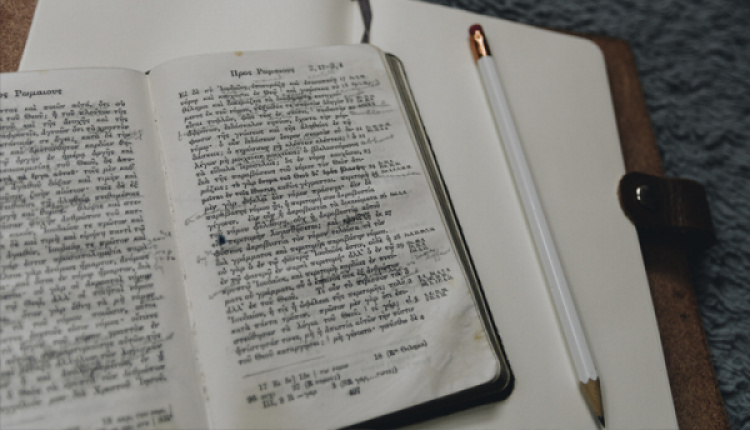Greek: Europe’s Most Ancient Language
- by XpatAthens
- Monday, 25 February 2019

Greek is the most ancient language in Europe; it has existed for at least 4,000 years as an oral tradition and 3,500 years in writing. With the exception of two Chinese dialects, Greek is the only ancient language that hasn’t ceased to exist over the years– in other words, it hasn’t died. Languages older than Greek such as Sumerian, Akkadian, and Babylonian have all died. Even though Greek has evolved changed though the millennia it has remained alive!
Unfortunately, linguists mourn the loss of a language every 15 days. In fact, Quechua, a language spoken on the Falkland Islands by five individuals aged between 87 and 93 is expected to vanish in the next few years.
Greek Words That Cannot Be Translated In A Single Word
Palikari – A young or brave and proud man. During the Greek War of Independence, (1821-29), a palikari was a member of a fighting group, led by a captain, a thief or sinner, or a member of a gang of thieves.
Meraklis – An individual possessing the ability to thoroughly enjoy; one drawn by aesthetically tasteful things or delicious food, or who goes about doing things with love and zeal.
Levendis – A masculine, tall, and upright man with a proud stature. One who is brave, direct, honest, and generous.
Xerosfyri – Consumption of alcohol without accompanying food.
Filotimo – A heightened feeling of dignity, honor and responsibility. In ancient Greek, the word meant ambition. Someone who possessed filotimo was bent on achieving honor and glory, which was not viewed positively.
Mangas – One who presents oneself as strong, brave or smart and usually behaves in a deceptive, provocative way. The term can also define someone who is capable and brave. During the interwar period, the word defined a marginalized, working class, urban male, characterized by flamboyant dress, movement and language, who was also particularly sensitive to matters concerning honor.
Meraki – Devotion, zeal and eagerness; strong willingness to carry out an activity.


